News
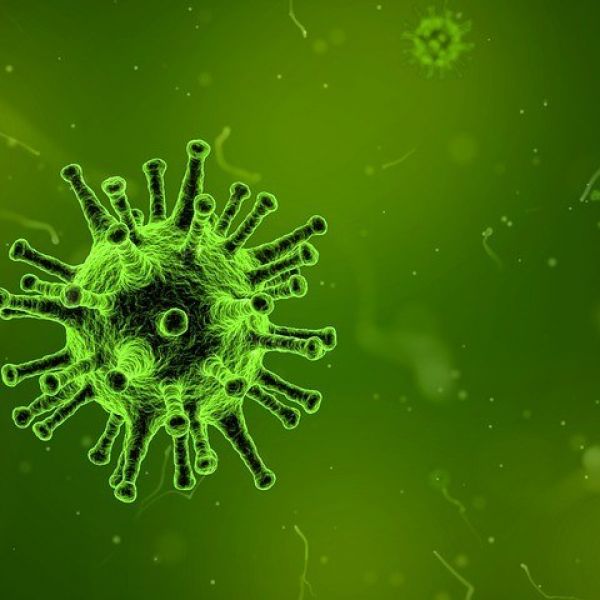
Jun 27, 2019
Game theory shows why stigmatization may not make sense in modern society
Although stigmatizing people suffering from an infectious disease may have been adapted for pre-historic humans, now it could cause more harm than good, according to a team of Penn State researchers.
Full Article
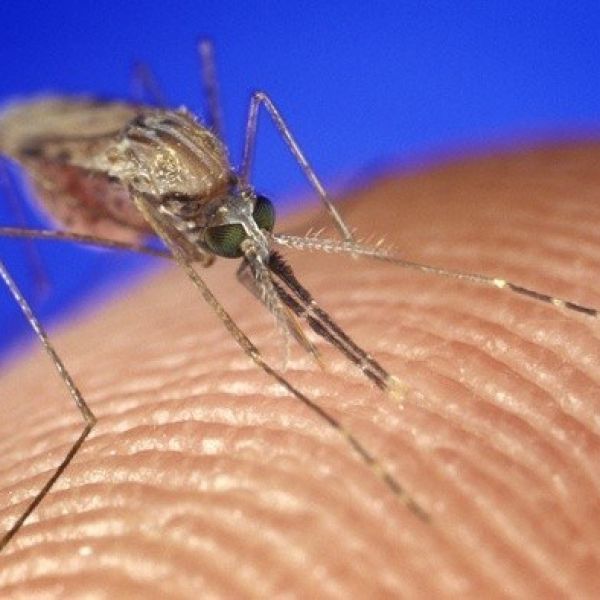
Jun 27, 2019
Climate warming could increase malaria risk in cooler regions
Malaria parasites develop faster in mosquitoes at lower temperatures than previously thought, according to researchers at Penn State and the University of Exeter. The findings suggest that even slight climate warming could increase malaria risk to hundreds of thousands, if not millions, of people — including travelers — in areas that are currently too cold for malaria parasites to complete their development.
Full Article
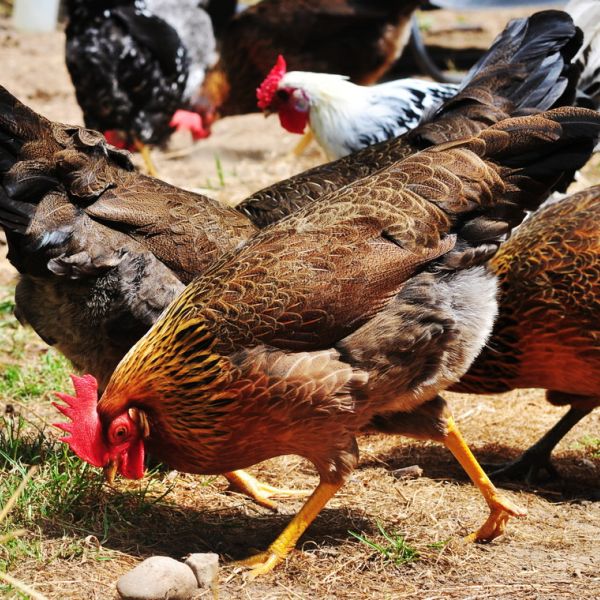
Jun 17, 2019
Researchers find genes that could help create more resilient chickens
An international team of scientists, led by Penn State researchers, have identified genes that may help farmers, especially ones in low- and middle-income countries, breed chickens that can resist one of the biggest disease threats facing poultry today.
Full Article
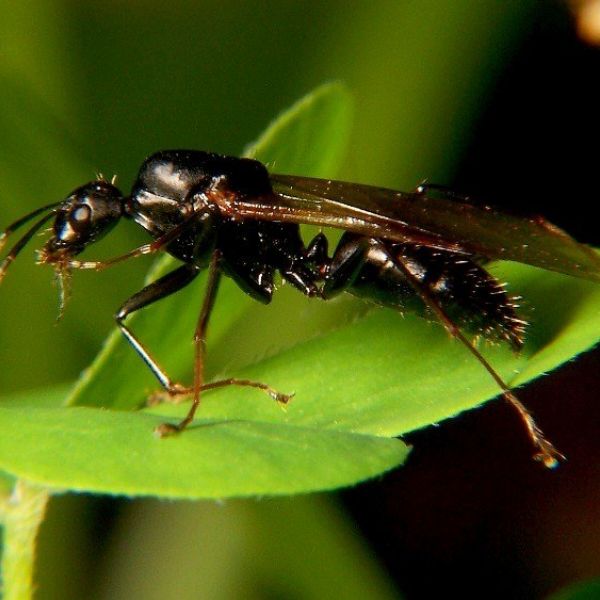
Jun 13, 2019
Ants maintain essential interactions despite environmental flux
Ants adjust their social interactions to accommodate changes in population density, according to researchers at Penn State and Georgetown University. The findings suggest that ant colonies are capable of maintaining their sophisticated social organization despite potentially drastic changes in their environments.
Full Article
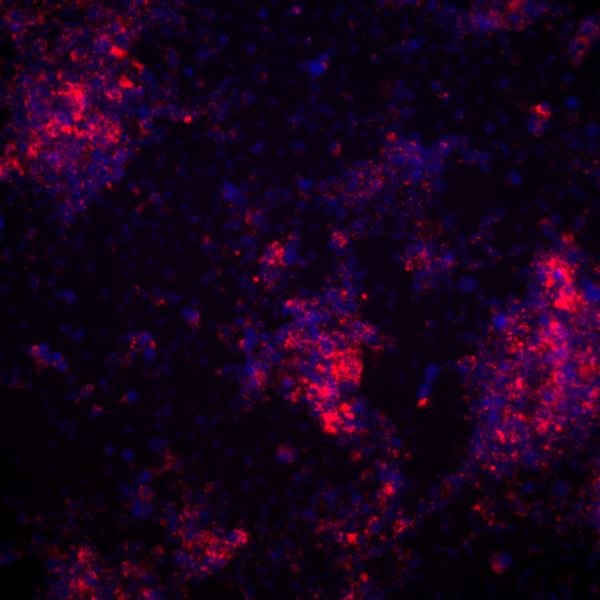
Jun 10, 2019
Combating mosquito-borne diseases with bacteria
Viruses, spread through mosquito bites, cause human illnesses such as dengue fever, Zika and yellow fever. A new control technique harnesses a naturally occurring bacterium called Wolbachia that blocks replication of viruses and breaks the cycle of mosquito-borne disease, according to an international team of researchers.
Full Article

May 31, 2019
NIFA awards grant for microbial stress tolerance research
The National Institute of Food and Agriculture (NIFA) recently awarded Kevin Hockett $453,000 to assist in research focusing on how microbes tolerate distinct stresses.
Full Article
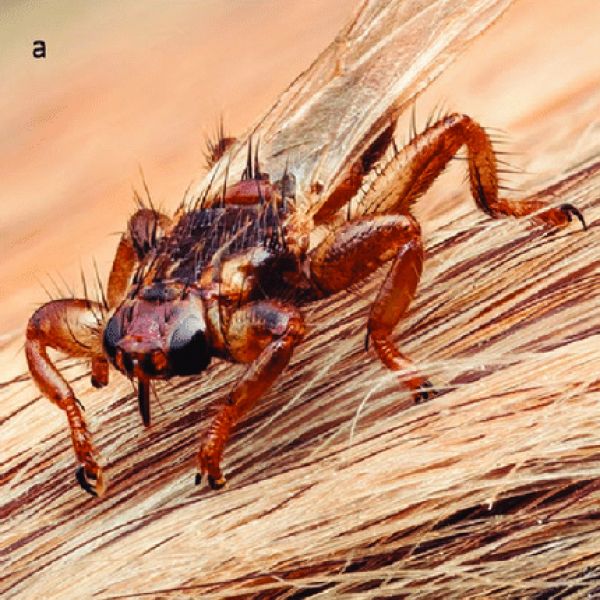
May 31, 2019
New records show spread of parasitic deer flies across the US
With flattened bodies, grabbing forelegs and deciduous wings, deer keds do not look like your typical fly. These parasites of deer — which occasionally bite humans — are more widely distributed across the U.S. than previously thought.
Full Article

May 09, 2019
CIDD Workshop Addesses the Construction and Maintenance of Immune Memory in Humans
Members of the Center for Infectious Disease Dynamics and guests covered a wide range of topics in their three-day congregation.
Full Article
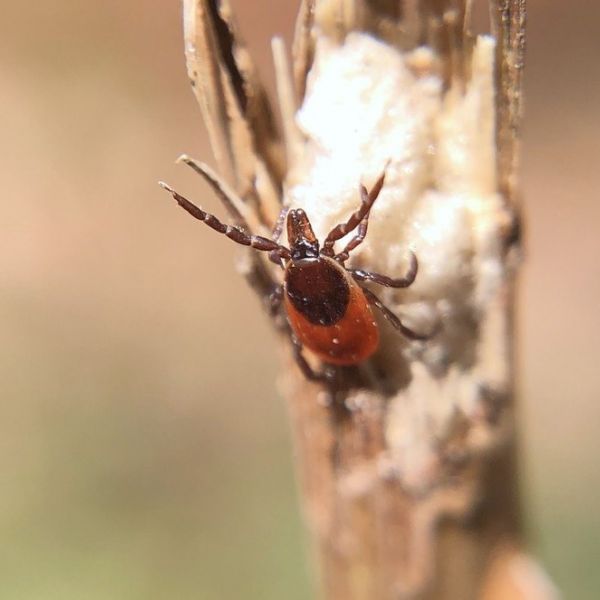
May 03, 2019
More Than 100 Years of Data show Pennsylvania Tick Population Shift
The prevalence of the most abundant species of ticks found in Pennsylvania has shifted over the last century, according to Penn State scientists, who analyzed 117 years' worth of specimens and data submitted primarily by residents from around the state.
Full Article

Apr 30, 2019
Five Huck Researchers Featured In Penn State's "Impact" Campaign
The Huck Institutes is well-represented among this collection of exciting work being done by members of the University community.
Full Article